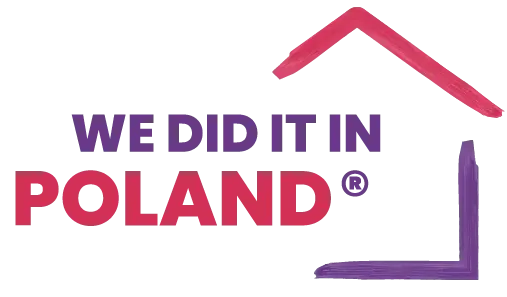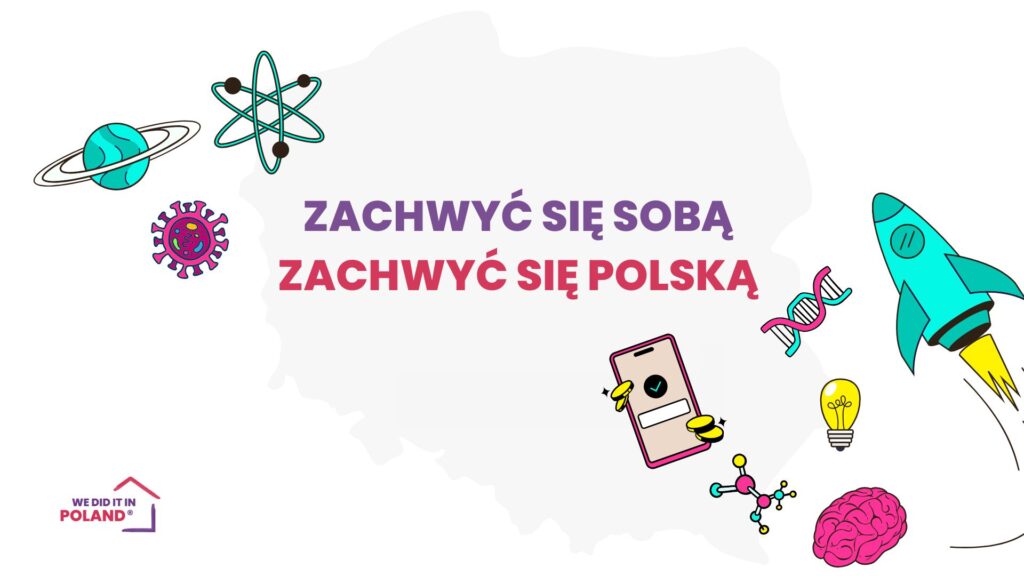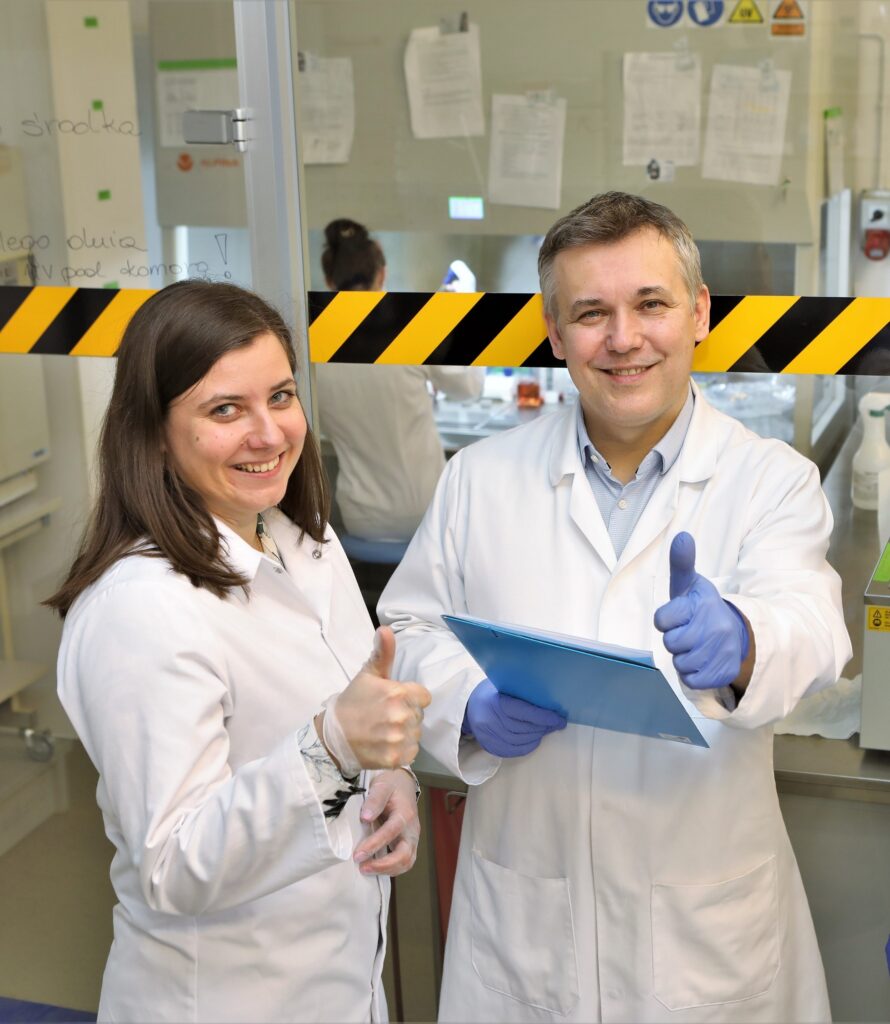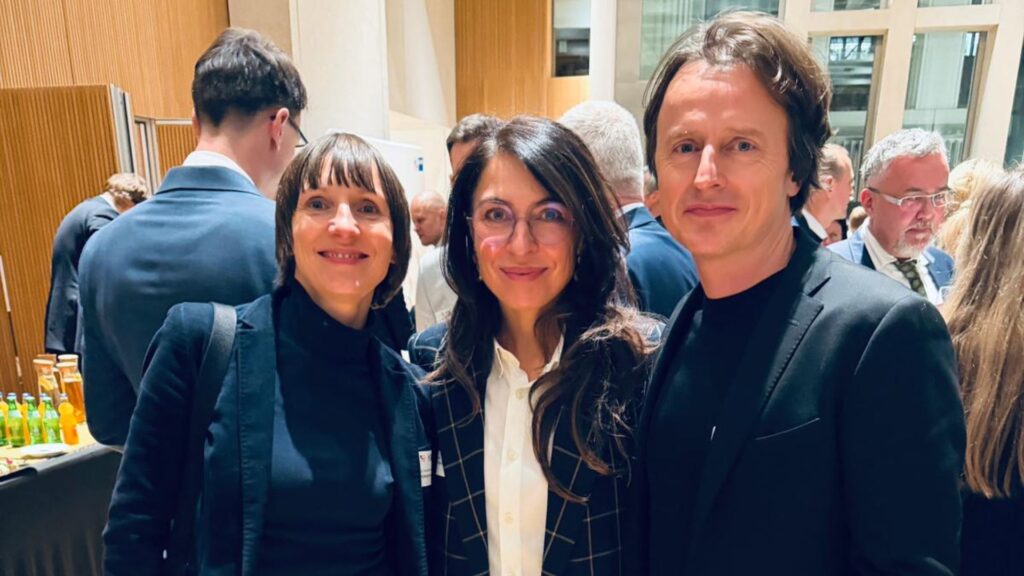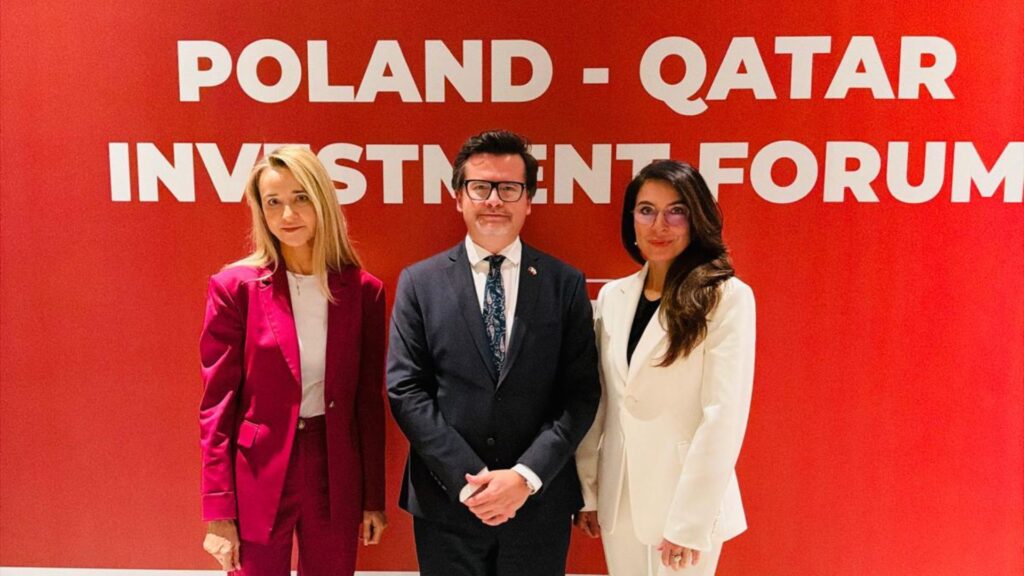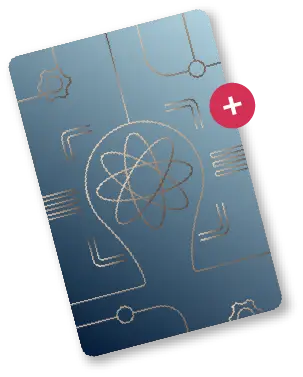In a world where a hacking attack occurs every 39 seconds, trust is becoming the most valuable currency. Marta Życińska, CEO of Mastercard in Poland, talks about how modern technologies – from artificial intelligence to biometrics – can protect our data, money and security. In the interview, she also talks about the role of women in digital transformation, why Poland has become an ideal testbed for global innovation, and how education, cooperation and courage can change the rules of the game in the world of finance and cyber security.
The data shows that hacking attacks occur every 39 seconds. How does Mastercard see its role in building a more resilient digital infrastructure?
Marta Życińska: Cyber security is one of the key foundations of trust in the digital economy today. In an increasingly digitized world, building a resilient digital infrastructure is a must. And it requires the involvement of not only the latest technologies, but above all collaboration and education.
At Mastercard, we take this responsibility very seriously, and we view our role in this process multidimensionally. We are constantly investing in cutting-edge AI-based technologies that allow us to detect and neutralize threats before they affect the user. An example is our recent implementation of generative AI, which doubles the effectiveness of detecting stolen cards[1]. In 2024, we established the Scam Protect initiative[2]. This is a suite of specialized solutions using cutting-edge AI-based technologies to help identify and prevent theft attempts in a timely manner.
We also work with key industry partners to educate the public, among others. Consumers are less likely to become victims of fraud if they have the right knowledge and tools to identify and combat cybercrime.
A unique opportunity to work together for digital resilience has arisen during Poland’s EU presidency. We are ready to share knowledge, technology and experience, supporting the European Union in building a secure, modern digital space for all citizens.
Could you give specific examples of your efforts to mitigate cyber threats?
In addition to the aforementioned investments in the latest technologies to help counter cybercrime, we are actively supporting the development of systemic resilience in Europe. We are working with regulators, financial institutions and the public sector. Last year, we launched the European Cyber Resilience Center in Belgium[3] for this purpose. We believe that digital security cannot be the domain of one organization. It is a joint effort of the entire financial ecosystem. So this center also serves as a hub for cyber security thought leaders, promoting cooperation between the public and private sectors.
We are also betting on strategic investments. The acquisition of Recorded Future, a leader in cyber threat analytics, allows us to even more effectively support public and private institutions in Europe and around the world[4]. Each year, we use artificial intelligence to protect more than 140 billion payment transactions. We effectively prevent the loss of billions of dollars through cyber attacks and fraud attempts. Our real-time learning algorithms identify anomalies and suspicious patterns before they become a threat. We also support institutions in making more informed decisions. By using Decision Intelligence, Mastercard’s world-leading technology for analyzing online transactions in real time. The latest version of this solution, using generative artificial intelligence, analyzes an unprecedented number of transaction attributes in real time to assess whether a transaction is genuine or potentially fraudulent. Preliminary analysis shows that the use of generative AI increases fraud detection rates by an average of 20%. And in some cases by as much as 300%!
In addition, we offer advanced identity verification solutions such as Mastercard Identity Verification to securely and quickly confirm users’ identities across digital channels – for both banks and digital service providers.
READ ALSO: 5 services that delight! Poland sets global trends in digital services
Nearly 47% of hacking attacks target mid-sized companies, causing significant financial losses. What practical steps do you recommend for Polish and European businesses that want to strengthen their cyber security?
It’s an important question, because medium-sized companies often don’t have the same resources as large corporations, and are also vulnerable to cyber attacks. According to data from Mastercard-owned RiskReckon, the number of security incidents at SMEs increased by as much as 152% in 2020 and 2021 compared to the previous two years. And this was double the increase of large companies surveyed during the same period[5]. According to data from the Go Digital 2024 report[6], there were 200 million attempted cyberattacks in 2023. This represents a 30% increase compared to 2022. With as many as 82% of cyber-attacks being carried out using stolen logins and passwords (credential stuffing).
In the face of these threats, first, we recommend implementing multi-component authentication and strong access management. This is a basic step that can significantly reduce the risk of accounts being hacked. Employee education is also important, so it’s worth investing in training on cyber hygiene and recognizing threats – such as phishing. Also remember that a chain is only as strong as its weakest link.
As part of mitigating risks associated with third-party suppliers and partners, we offer the RiskRecon tool, which allows us to conduct comprehensive third-party security assessments and proactively address potential vulnerabilities in supply chains. It is worthwhile to take advantage of such solutions. It’s a good idea to work with technology partners who offer solutions that are tailored to the needs of smaller companies. As Mastercard, we also offer analytics and detection tools that our partners can use, regardless of the scale of their operations. An example of such a tool is the Cyber Marketplace platform, which Mastercard launched together with CyberMonks[7]. Cyber Marketplace provides advanced and innovative cyber security and risk management solutions specifically tailored to the needs of SMEs and corporate customers.
You are investing in the development of secure payment methods. One of them is payment by gaze. The first payment using iris and facial biometrics was made in Poland! Why did you get involved in this project?
Mastercard has pioneered innovative and security-enhancing payment methods. Poland, on the other hand, is an ideal place for such a groundbreaking pilot program, because consumers are extremely open to new solutions. It was our country that was one of the first to introduce contactless payments with Mastercard cards. And today almost 100% of the cards on the market already allow contactless payments. The pilot of glance payments, implemented in 2024 in cooperation with Empik and PayEye [NC1], is also a confirmation of Mastercard’s commitment to the development of local technologies and support for the Polish electronic payments market. Consumers who had the opportunity to test this payment method spoke very positively about it. Most declared that if this solution becomes widely available, it will be their favorite payment method. We believe that biometrics can provide consumers with a best-in-class experience, balancing convenience and security.
How can companies such as Mastercard work with the government, startups and the public sector to accelerate digitization and high-tech development in Poland?
We believe that digitization is a shared responsibility. Mastercard, as an expert in this field, can act as a link between the public sector, startups, and large institutions. We support the development of local ecosystems through partnership programs and initiatives supporting fintech startups.
In January of this year, we signed a cooperation agreement with the Ministry of Digitization within the framework of the Program for Cooperation in Cyber Security (PWCyber). This is a partnership exchange initiative with the private sector implemented by the Minister of Digitization. The purpose of the agreement is to strengthen the national cyber security system of the Republic of Poland. As part of the agreement, we support the Ministry of Digitization with cyber security expertise. We are improving the competence of national cyber security system entities in terms of threat awareness, methods of attacks in cyberspace, and skills to counter threats in ICT systems and networks[8].
We also undertake support activities in digitization as part of the Mastercard Center for Inclusive Growth. At the beginning of the pandemic, in 2020, in cooperation with the Impact Foundation, we helped Polish SMEs in their digital transformation. We provided a grant of PLN 750,000 for the digitization of small and medium-sized companies in Poland. Thanks to these funds, an accelerator program was organized, as well as a nationwide educational campaign for entrepreneurs, including webinars and stationary events[9]. Only joint action – combining knowledge, technology and responsibility – will allow Poland to not only keep up with global trends in cyber security, but to realistically co-create them.
[1] https://www.mastercard.com/news/press/2024/may/mastercard-accelerates-card-fraud-detection-with-generative-ai-technology/
[2] https://b2b.mastercard.com/scam-protect
[3] https://www.mastercard.com/news/europe/en/newsroom/press-releases/en/2024/mastercard-opens-european-cyber-resilience-centre-in-belgium/
[4] https://www.mastercard.com/news/press/2024/september/mastercard-invests-in-continued-defense-of-global-digital-economy-with-acquisition-of-recorded-future/
[5] https://www.mastercardservices.com/en/advisors/cyber-enterprise-risk-consulting/insights/cybersecurity-small-businesses
[6] https://ladybusiness.pl/app/uploads/2024/12/Raport_-GO-digital_2024.pdf
[7] https://cybermarket-place.com/pl/
[8] https://www.gov.pl/web/cyfryzacja/mastercard-partnerem-programu-pwcyber
[9] https://www.mastercard.com/news/europe/pl-pl/centrum-prasowe/informacje-prasowe/pl-pl/2020/wrzesien/mastercard-pomoze-polskim-msp-w-cyfrowej-transformacji-we-wspolpracy-z-fundacja-impact/
